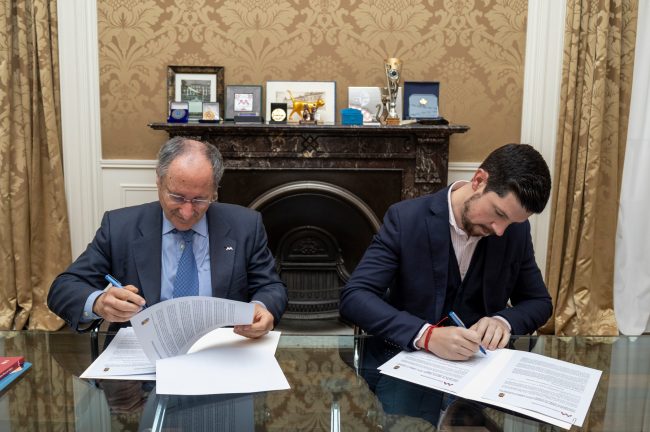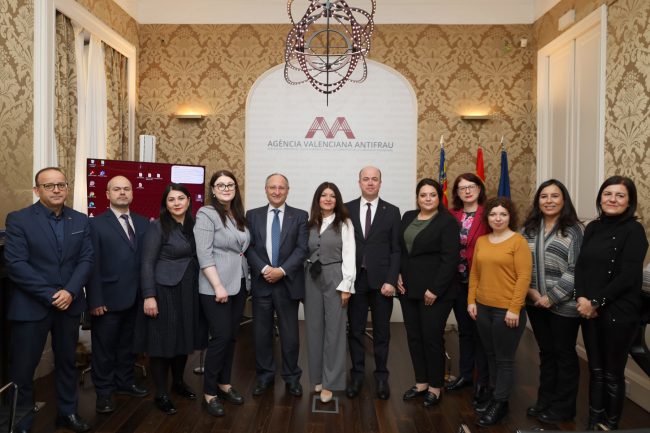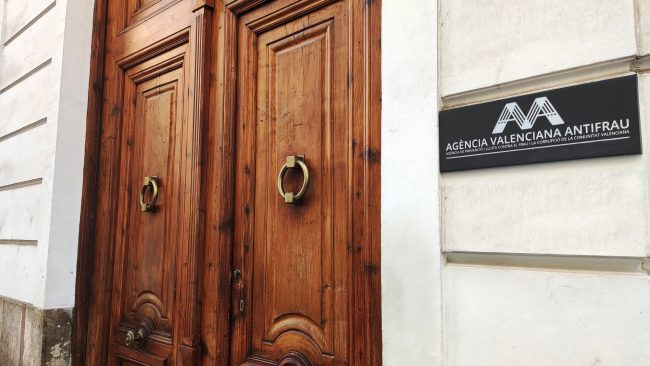València, 30 January 2024.- The mayor of La Pobla de Vallbona, Abel Martí, and the director of the Valencian Anti-Fraud Agency, Joan Llinares, have signed a collaboration protocol between both institutions for the implementation of both internal and external complaint boxes, thus complying with the requirement of Law 2/2023 regulating the protection of people who report regulatory infringements and the fight against corruption.
The City Council of La Pobla de Vallbona will enable as an external channel for complaints the complaint mailbox of the Valencia Anti-Fraud Agency, which will be visible on the municipal website; A mailbox that guarantees the confidentiality of whistleblowers, as well as allowing the possibility of being able to make complaints anonymously.
It should be recalled that Law 2/2023, published in the Official State Gazette on 21 February, transposes into Spanish law the European Directive 1937/2019 on the protection of persons who report breaches of EU law, better known as the Whistleblowers Directive.
Through this agreement, the City Council of La Pobla de Vallbona incorporates institutional integrity into strategic planning, also enabling a specific internal whistleblowing channel and the connection with the Agency’s external whistleblowing channel.
The collaboration between both institutions will also extend to other actions and activities such as those of a training nature where the staff of the city council will receive training in aspects related to the promotion of ethics and public integrity, as well as the prevention and detection of situations constituting fraud and corruption.




